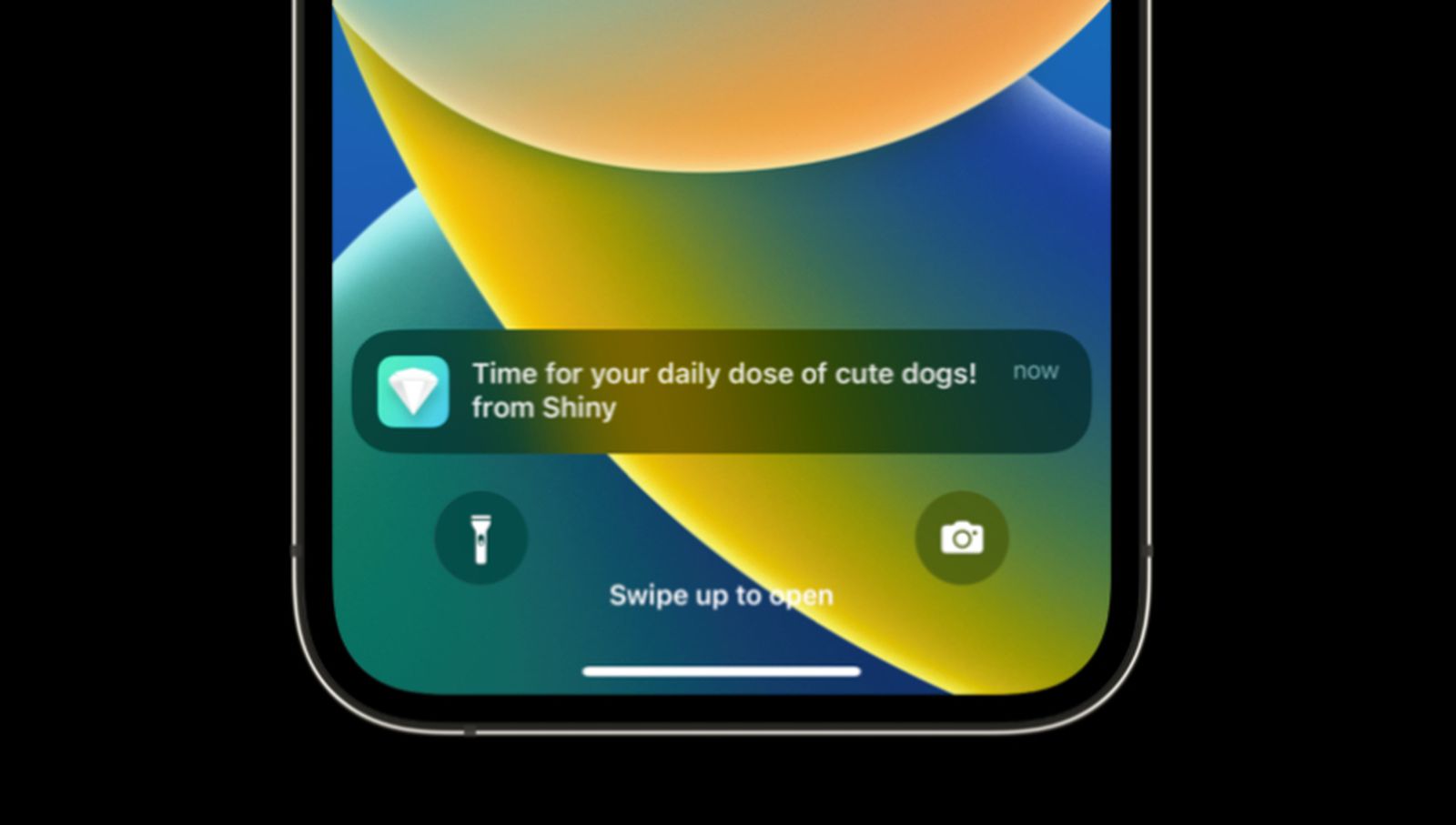cross-posted from: https://lemmy.crimedad.work/post/39255
Is self-hosted enough to avoid push notifications going through Apple and Google servers?
That depends a lot on what you’re hosting resp. if the mobile apps are using Google’s/Apple’s messaging/notification services.
Sort of. If you’re receiving a notification from a remote server on iOS or standard android, they go through Apple or googles servers. That said, some apps rather than sending your device the actual notification (where this vulnerability comes from) will instead send a type of invisible notification that basically tells the app to check for a new message or whatever and then will display a local notification so the actual message stays on device and inside of the hosting services servers (like a self host.)
That said, some apps rather than sending your device the actual notification
Pretty sure that is actually the recommendation from apple/google, as it reduces bandwidth for their notification servers.
I think the message payload is severely limited.
Like, pre-ios8 the limit was 256 bytes. Now it’s 2kb.I didn’t know that. Hmm, sounds like it’s decently likely this is a bit overblown then. I mean, I suppose there are a lot of lazy companies out there that will skip this, but that severely limits the functionality in a way that it’s going to force the secure method.
It opens users to timing attacks.
If there are 10000 notifications per second. And across 100 incidents user A does something to cause a notification and user B receives a notification within network latency time periods, it is likely user A is talking to user B.
Whilst that seems like arbitrarily useless data, having this at the giga/peta scale that the US government is processing it, you can quickly build a map of users “talking” to users.
Now, this requires the help of other parties. You need to know that user A is using WhatsApp at the time. And yeh, you don’t know what the message is, but you know that they are hitting WhatsApps servers. And you know that within 5 minutes of User B receiving a notification, they are also then contacting WhatsApp servers.
So now you know that user A is likely talking to user B via WhatsApp.
And also user G, I X and M are also involved in this conversation.
And you bust user G on some random charge. And suddenly warrants are issued for more detailed examination of users A, B, I, X and M.
Maybe they have nothing to hide and are just old college friends. Or maybe they are a drug ring, or whatever.It’s all the “I have nothing to hide”, phones being tied to a person, privacy and all that.
We can’t really comprehend the data warehouse/lake/ocean level of scale required to realise what all the little pieces of meta data and tracking information being able to add up to “User A is actually this person right here right now and they bought a latte at Starbucks and got 5 loyalty points” level of tracking.Is it likely this bad?
Probably.
Theres the “Target knows I’m pregnant before told anyone” story.
https://www.forbes.com/sites/kashmirhill/2012/02/16/how-target-figured-out-a-teen-girl-was-pregnant-before-her-father-did/That’s over a decade ago. It’s not let off. And you can bet that governments are operating at a level a few years beyond private industry.
So yeh, every bit of metadata counts
surprised face
That’s why everyone should use GrapheneOS. Sandboxed GooglePlay services can be used, if needed. I personally use 3 proprietary apps, one of them is WhatsApp Business (self-employed and for stupid dipshits that won’t use anything else…), which is more privacy-friendly than the personal client itself. Join the resistance! Use GrapheneOS :)
Good read about push notifications on GOS: https://discuss.grapheneos.org/d/9407-this-is-why-i-use-grapheneos
How does it handle push notifications? If they come from googles push service then they’d be exploitable as well.
Indeed - it seems that this tracking is done completely outside of the phone, asking the network where, physically, the push notification was delivered (Tower, time, and date) to locate the phone and ostensibly the owner of the phone.
What we need is more open hardware. Current phones are privacy issues because they are black boxes. Even if a libre device has bad security it always can be improved.
I use Lineage os on my phone with only free apps.
How do you sandbox Google apps? Is it possible to do that with Google docs? I’ve been replacing everything else, but Google docs is difficult to replace.
Every app is sandboxed by default and has no permissions, which you can give them. Like StorageScope for accessing only certain files.
I’m curious how things like gotify stand up to this. Since it’s a notification server does it still rely on Google and it’s notification servers?
Notify (hope I remmeber the name right) has an option for both push notifications (with the usage of Google services) and polling based notifications (fully self-hosted)
New Lemmy Post: Apple Confirms Governments Using Push Notifications to Surveil Users (https://lemmy.world/post/9256878)
Tagging: #SelfHosted(Replying in the OP of this thread (NOT THIS BOT!) will appear as a comment in the lemmy discussion.)
I am a FOSS bot. Check my README: https://github.com/db0/lemmy-tagginator/blob/main/README.md







